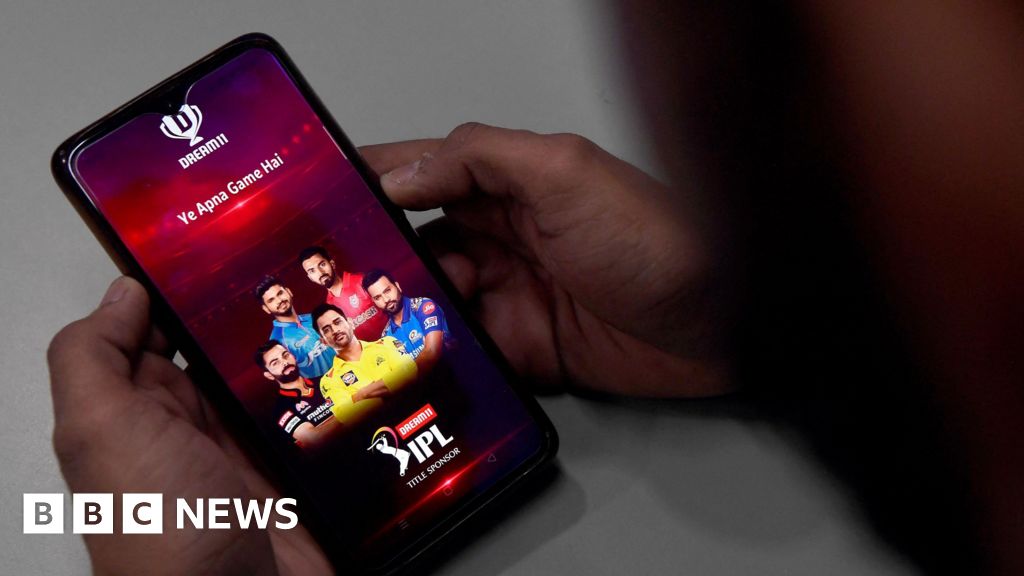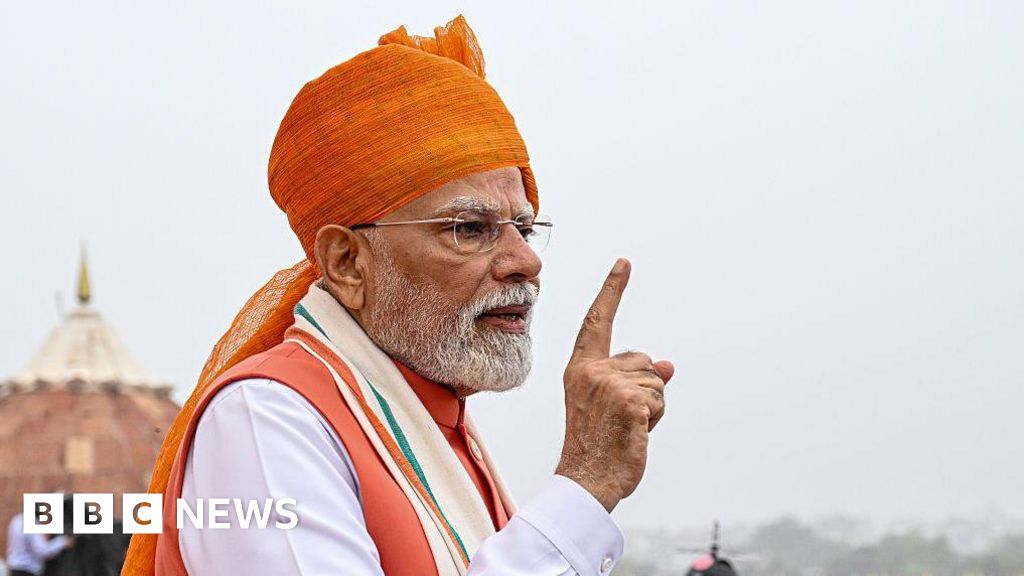Kartik Srinivas (name changed) still flinches at the mention of online betting. What began as a thrill to earn a quick buck spiraled into a five-year addiction that cost the 26-year-old his savings, peace of mind, and nearly his future.
Between 2019 and 2024, Srinivas lost more than 1.5m rupees ($17,000; £13,000), money including three years of his earnings, as well as savings and loans from friends and family.
I tried everything - apps, local bookies, international platforms. I was hooked, he says.
Days ago, India passed a bill to outlaw these games, arguing they have become increasingly addictive, leading to financial distress among people. The new law stipulates that offering or enabling such services could incur a jail term of up to three years, with severe fines attached to promoting them.
Federal IT Minister Ashwini Vaishnaw stated that online gaming had impacted 450 million Indians, causing losses exceeding 200bn rupees and triggering numerous adverse effects, including depression and suicides.
However, many within the industry have described the ban as a rash decision that has crippled a flourishing sector, which had seen the emergence of around 400 startups generating nearly $2.3 billion in taxes and supporting more than 200,000 jobs.
Among the industry's leading figures affected are Dream11, valued at $8 billion, and My11Circle, valued at $2.5 billion. Both entities have ceased their real-money gaming operations.
Notably, the ban does not differentiate between 'games of skill', which require strategy and knowledge, and 'games of chance', which rely purely on luck, impacting the very nature of online gaming regulations that had previously been upheld by various courts.
Jay Sayta, a Mumbai-based gaming lawyer, expressed his concerns over the implications of the ban for investors, remarking that while some regulations are necessary, this law appeared hasty and lacked proper consultation.
In a stark contrast, many users like Srinivas believe that a blanket ban could lead to increased gambling problems, pushing players to unregulated domains that lack consumer protection. At least with these apps there was some accountability - without them, things might get worse, he explained.






















